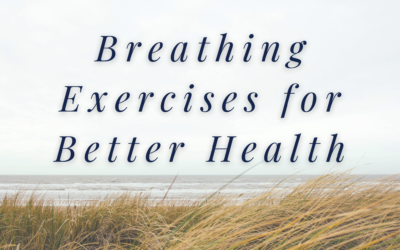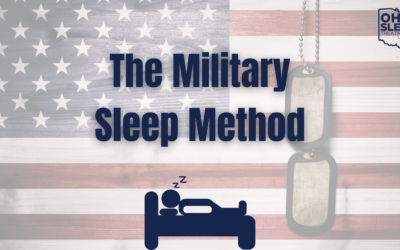-
Pingback: Positional Obstructive Sleep Apnea. It's a Thing | Ohio Sleep Treatment
Write Your Way to Improved Sleep
Can you really write your way to improved sleep? Yes, that’s right! Tracking your sleep routine and some other key bits of information can improve your quality of sleep and your general health. One great way is keeping a sleep diary, or sleep journal. In this installment, we’ll take a look at some data that supports this healthy sleep habit.
In a study conducted at Duke University, 1,978 older adults found people with irregular sleep patterns weighed more, had higher blood sugar, higher blood pressure, and a higher projected risk of having a heart attack or stroke within 10 years than those who slept and woke at the same times every day.
Getting started is easy. Grab a notebook or download this sheet put together by the American Academy of Sleep Medicine. It’s as easy as printing it off and leaving it by your bedside table so you can fill it out before and after sleeping.
How to put the diary to work.
After a few weeks of entries, review your completed diary to see if there are any patterns or practices that are helping or hindering your sleep.
Use your bedroom for a sanctuary of sleep and minimize distractions. Avoid napping for longer than 20 minutes during the day. Make incremental changes. Changing one habit at a time can set you on the path to healthy sleep. One way to find out is to write your way to improved sleep quality.
In Conclusion
If you are suffering from being too tired during the day, we encourage you to schedule a free consultation with one of our qualified sleep dentists. Dr. Canfield and Dr. Emerick are Diplomates of the American Board of Dental Sleep Medicine.
Interested in learning more easy methods to achieve better sleep at night? Check out our article here where we discuss whether weighted blankets are effective or not.
If you have questions about sleep apnea, contact our team or make an appointment here! It is never to late to take control of your sleep. Lastly, you can also take our “sleep quiz” to see if you suffer from excessive daytime sleepiness (EDS). EDS is a common symptom of obstructive sleep apnea.



